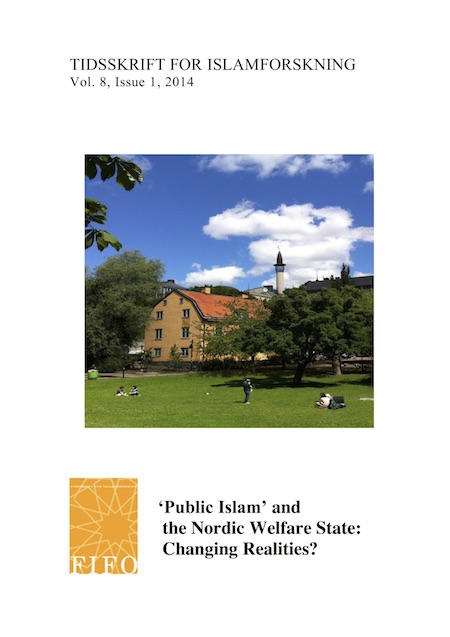Muslims in Copenhagen: Social Cohesion or a Parallel Society? Results from an Empirical Survey 2008–09
DOI:
https://doi.org/10.7146/tifo.v8i1.25325Keywords:
Copenhagen, Nørrebro, muslimerAbstract
The Nørrebro sub-district of Copenhagen, where 14% of the population belong to ethnic minorities, mainly Muslim, has stood on the Danish media’s agenda for many years as a problem-ridden area, developing into a parallel society with ethnic ghettos, crime and deviancy among the second generation and lack of social cohesion and integration. This article introduces results from the survey ‘At Home in Europe: Muslims in the European Cities’ commissioned by the Open Society Institute, which examines the current policy and patterns of Muslim integration in eleven municipal districts of the seven metropolises of the EU countries. It argues that when measured across a range of parameters to ascertain the social, cultural and economic integration of the Muslim minorities, the empirical data and the documentary evidence gathered from, and about, the sub-district (2008-9) contradict the political claims and the media rhetoric of a parallel society.Downloads
Published
2014-02-23
How to Cite
Hussain, M. (2014). Muslims in Copenhagen: Social Cohesion or a Parallel Society? Results from an Empirical Survey 2008–09. Scandinavian Journal of Islamic Studies, 8(1), 106–136. https://doi.org/10.7146/tifo.v8i1.25325
Issue
Section
Articles: Thematic section
License
Scandinavian Journal of Islamic Studies publish under creative commons license BY-NC-SA.





